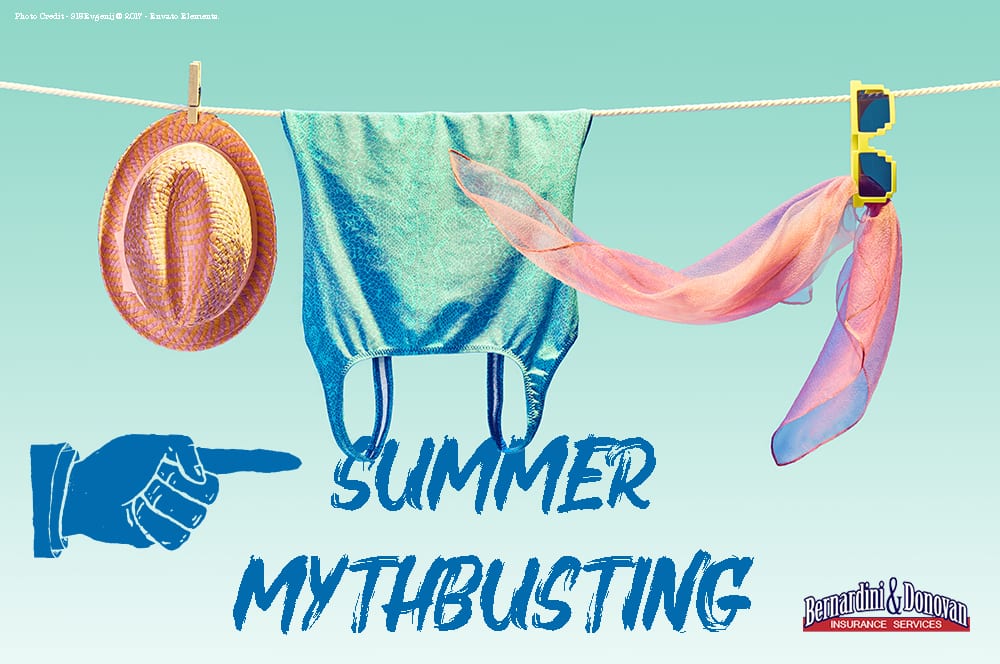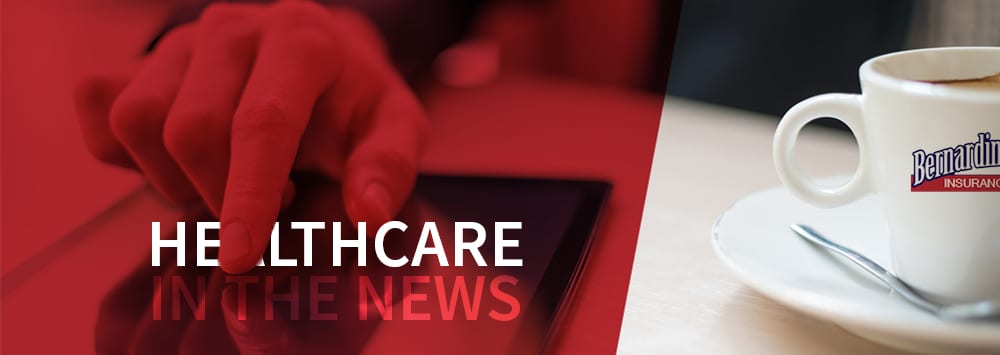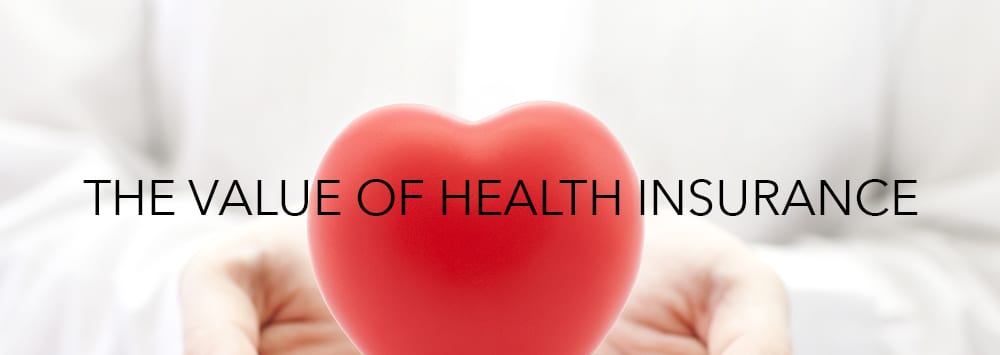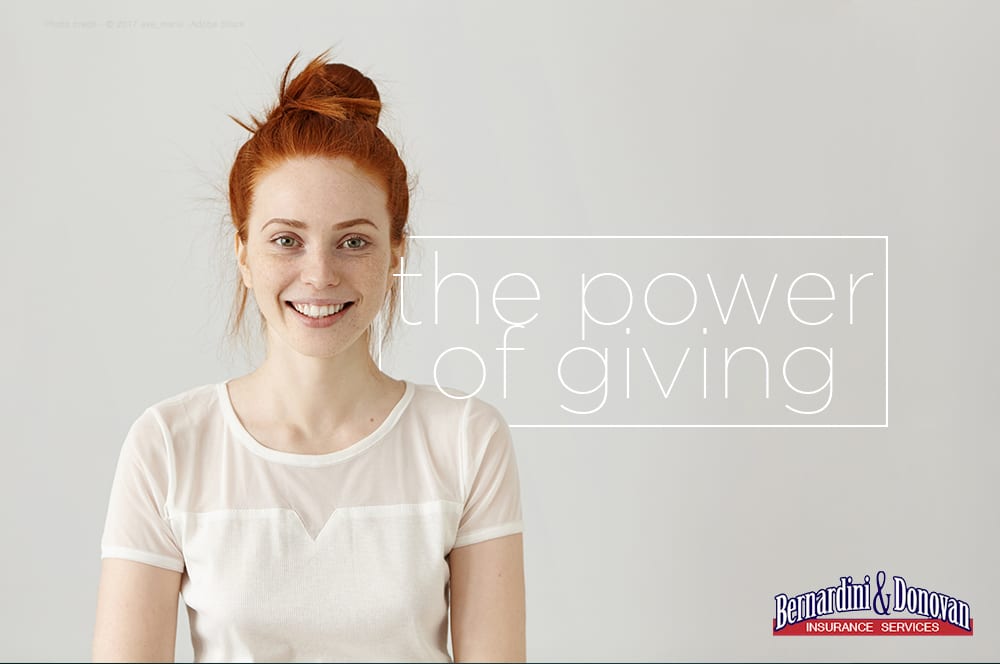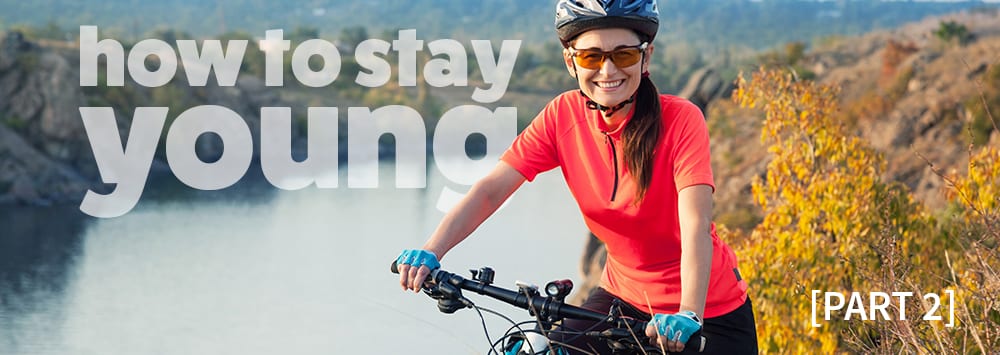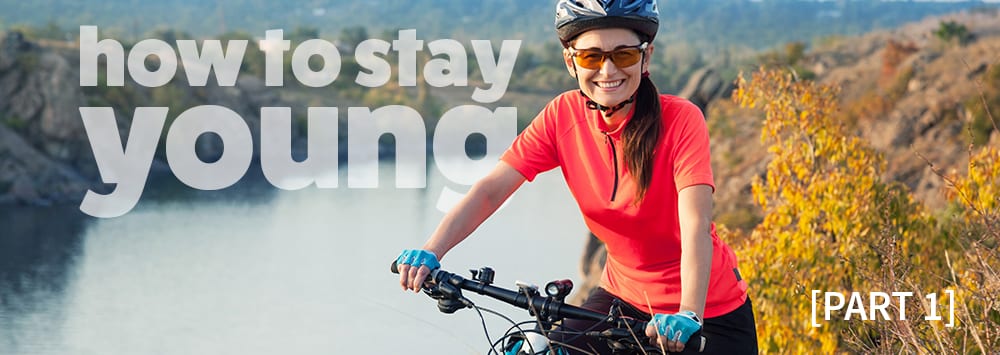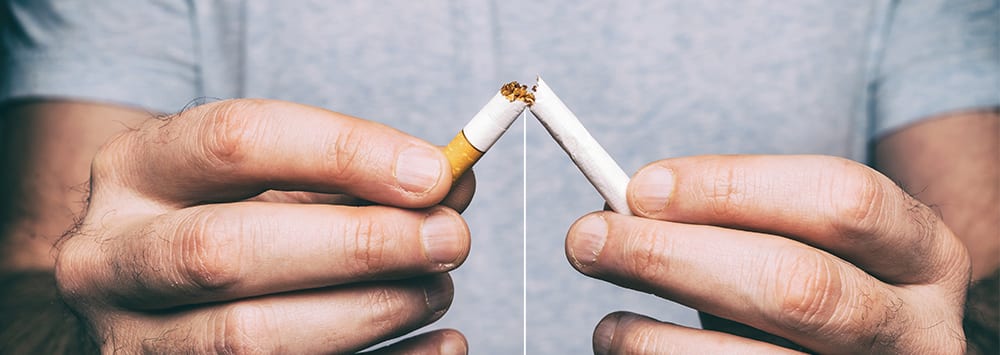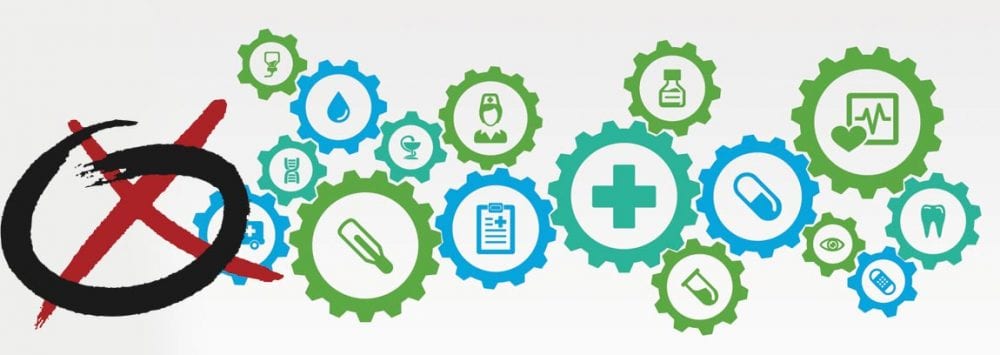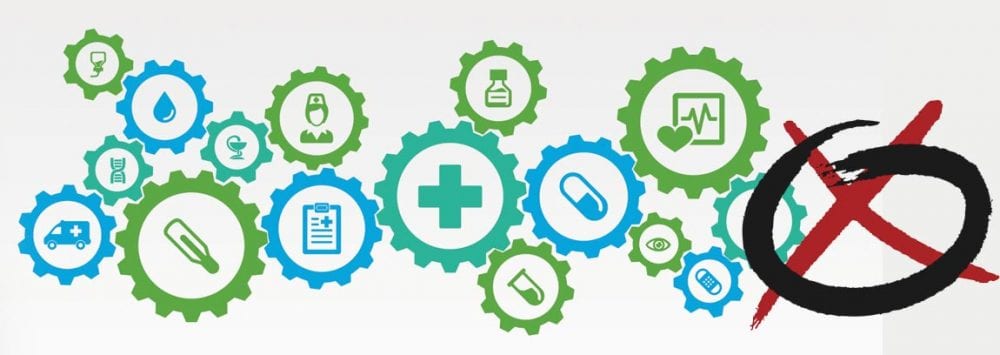Summer Mythbusting (Part 1)
Summer Mythbusting (Part 1)
You can catch a cold from air conditioning:
Any drink can rehydrate you:
Healthcare in the News – July Edition
It’s hard to write a blog about healthcare in the news when it’s consistently changing. While I sit here and type out these words, I am watching a Senate “vote-a-rama” as the news media is calling it. It’s a live video stream watching the Senate as they debate and discuss healthcare in America. There are still many questions about what is happening with our health care system. But here is what we do know.
On Tuesday, the Senate voted to debate the repeal of Obamacare. The Senate was split down the middle, but the deciding vote came from Vice President Mike Pence as he voted in the affirmative to pursue the debate. This would start the discussion of what legislation the Senate would vote on. Those options being a Repeal and Replace Obamacare option, a Repeal Only option or the Skinny Bill. Almost immediately the Senate voted no on the Repeal and Replace as well as the Repeal only options. Leaving us with the possibility of passing the Skinny Bill.
But what is the Skinny Bill? The Skinny Bill takes away some of the most unpopular aspects of Obamacare. Namely, it would take away the mandates that state that every American have health insurance as well as the mandate that business owners with over 50 employees must provide health benefits for their employees. It would also take away the tax on medical equipment. The idea of this pared down bill is that they can convince more Republicans to vote on this bill and pass it so that they can then bring it to the House where it can be more clearly laid out and shape the health care system. As of today, we have very few definitive answers. But we will be keeping you informed.
Value of Health Insurance
Value of Health Insurance
The Power of Giving
The Power of Giving
How To Stay Young – Part 2
How To Stay Young – Part 2
Stop overeating
Wine is your friend
Try for a plant based diet
How To Stay Young
How To Stay Young
Don’t Stress
Work out your mind
Eat your best fat
Move More
Best tips to stop smoking
Best Tips To Stop Smoking
Know why you are quitting.
Be prepared
Pick up a new hobby
Single Payer Healthcare Cons
Single Payer Healthcare Cons
Part 2
If you have not read our previous blog, please see part 1 to read more about the logistics of single payer healthcare. As stated previously, in an ideal world everyone would love to see every person receive the health care that they need at no cost to them. But to play this idea out in the real world, there are some very real concerns that we have. Some of the cons to single payer healthcare are:
Contributes to Drug Abuse –
Because health care is available to all, it also means that there is more access to prescription drugs which is the fastest growing avenue for substance abuse. There are also many that will abuse the system because they do not see the value. They will go to the doctor any time that they feel a slight itch or discomfort. This wastes doctor’s time and makes more severe cases need to wait even longer for care.
Less Benefit –
One of the ways to pay for this type of healthcare is to impose new taxes. Taxes like these can come out of your income and be bases upon the level of what you are bringing home. For those that make more money that means that they are paying more but will receive no extra benefits.
Less innovation –
Because everyone is getting paid the same rate there are less financial incentives to create, research and develop new treatments or new technologies. This can come at a big cost to us as this lowers the quality of care, not only for Americans but for the world we are are forerunners in many innovative practices.
Health Insurance still needed –
For families that have unique health issuescertain care that they will need will not be covered under this system. That means that they will still be in need of health insurance to cover the costs of the additional services that they require but are not included under a single payer health system.
These are just a handful of issues that can come up with single payer healthcare. As California continues to look at SB 562 we will need to answer these concerns otherwise we will end up with a very broken system.
Single Payer Healthcare Cons
Single Payer Healthcare Cons
Part 1
While many people would love to see universal health care become a reality, but there are Single Payer Healthcare Cons. It would mean that thousands of people would receive their health care free of charge, but many issues come up when you start to look seriously at universal and single payer health care. Where it may be easy to talk about healthcare as a human right, it becomes a very different issue when you realize that enabling one person to receive a resource means that another person is obligated to provide the same. Universal healthcare is not a new problem, and it has been debated and discussed for years. Here are a few reasons that this concept has continued to be so hotly debated:
Cost –
As much as we like to hear the word “free” attached to health care, the cost of health care doesn’t suddenly change with a new system. There is no such thing as a free lunch. There will be additional taxes, and no one has given a firm number of how the rest of the cost will be covered. Proponents say that a single payer system will save us money, but no one has come up with a firm dollar for dollar plan that shows this. It is all theoretical and up in the air.
Increased size of government –
For this system to work the government has to oversee all the funds and make sure that it is going to the appropriate places. This can slow down the process considerably. It also puts all the doctors, nurses and health care providers as government workers.
Wait Times –
In countries that have moved to single payer health care, there have been long waits to receive care. If you need to get a medical procedure, some governments suggest that the wait time will be around four and a half months. Where many people have said, they have waited up to eight months before they could receive the treatment they needed.
For more cons of Single Payer Healthcare see part 2 of this blog.

